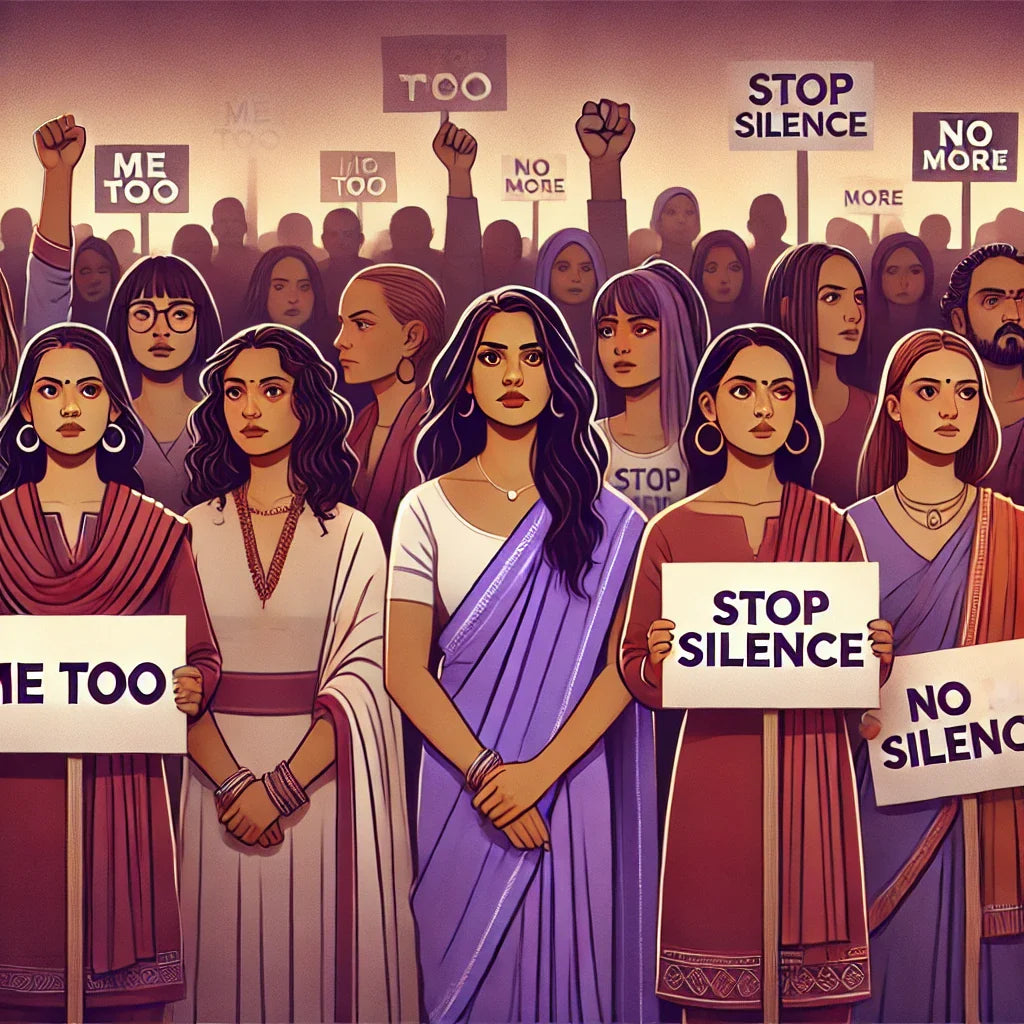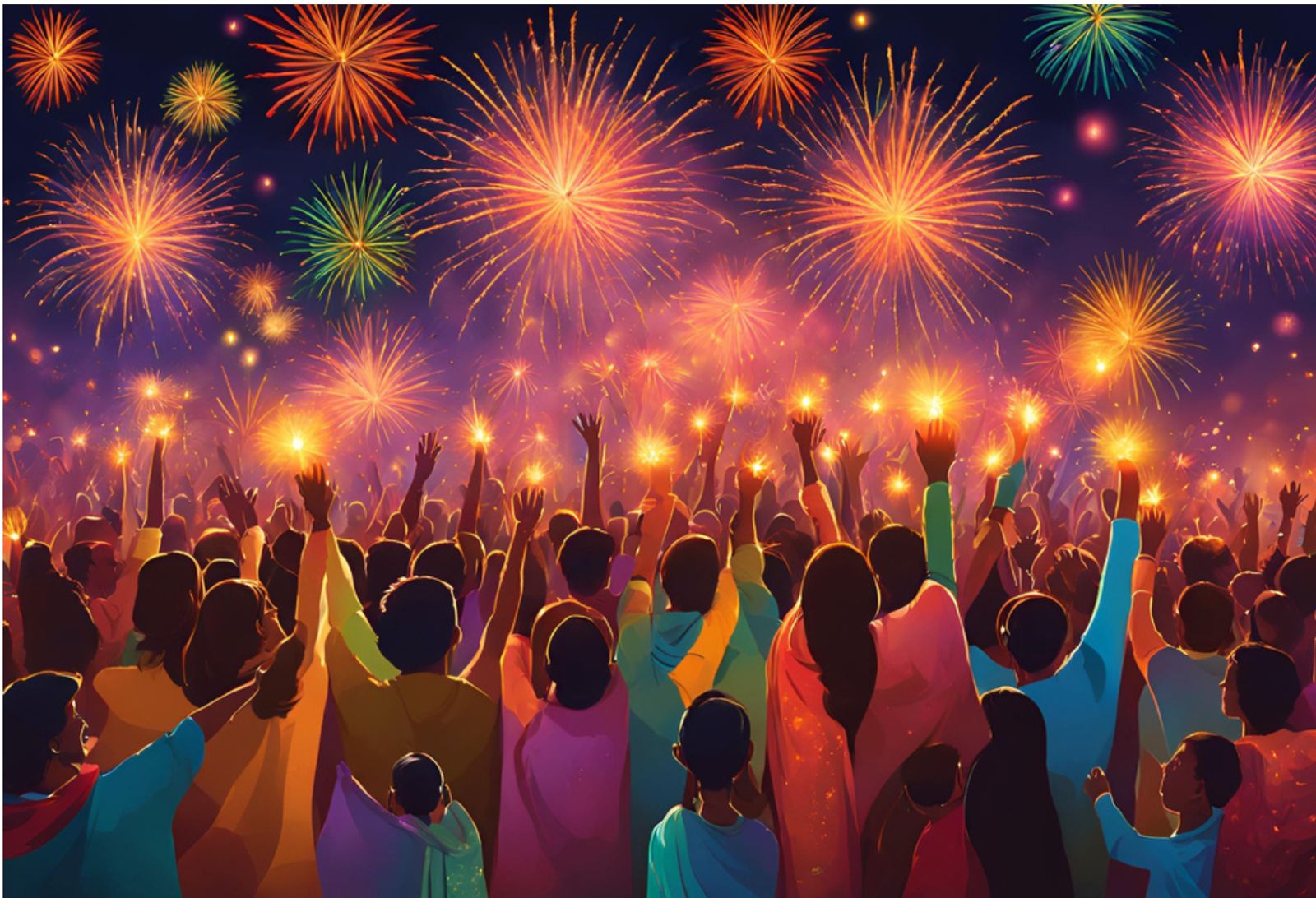
Serving Justice – #Metoo

If there is one thing that women world over can relate to and talk about – is #Metoo. Spreading like a wild fire, the movement was incepted by Tarana Burke for Black women and girls from lesser privileged communities back in 2006. The movement brought together repressed sentiments of women around the globe intending to shed light on silent victims of sexual harassment at workplace, particularly the entertainment industry. It gained momentum post the social media tweet with hashtag #metoo by American actress Alyssa Milano in 2017.
The hashtag soon garnered support from women in the United States and across the world. It gave those who have suffered encouragement to come forth in the process of exposing some of the industry bigwigs who were conspirators of the wrongdoing. The acts tweeted included women from the common circle to the celebrities. The movement in India unlike in US took to social media as an instrument to propagate the message that could expose the perpetrators of the crime.
However legal system in India works differently and justice is delayed as bureaucracy takes highest precedence in the judicial system. Loopholes in the law are turned against victims when it comes to serving justice. While #metoo managed to draw attention of women; had many eminent personalities including M.J. Akbar (ex-minister of external affairs), Mr. Jatin Das ( Padma Bhushan awardee and a noted painter), Susi Ganeshan ( Director- Tamil Cinema) accused of sexual harassment charges, they seem to be egressing by way of a powerful tool called defamation law. As Gautam Bhatia in his recent article on The Hindu noted “defamation is the first refuge of the powerful”, concluded in his article quoting the landmark judgement in the case of New York Times Co. v. Sullivan (1964) where the supreme court held that defamation should not be used for badgering or extortion but can be very well be used within the limits permitting accusation that is not intentional or false. This helped to uphold that freedom of expression is not restricted or limited as long as truth is reported. Such a land mark judgement could be borrowed so as be implemented by our constitution giving a fresh perspective to the law of defamation.
#Metoo is a cry for dignity and self-esteem. It is to be noted that apart from defamation, the victims are also subject to victim-shaming, black mail and other threats. As per the report from Source: NCRB; Research: Atul Thakur, and The Times of India, out of the total of 34,186 of cases reported, only 29% i.e. 7665 cases ended in conviction. And as per the same source, out of the total cases reported only 4% turned out be false cases.
Where does this take us? Despite the above mentioned downfalls, the movement and the law (Sexual Harassment of Women at Workplace (Prevention, Prohibition and Redressal) Act, 2013.) that deals with sexual harassment continues to grow stronger. Several women now take to the stage to report cases unabashed knowing the repercussion the law can have over the perpetrator – this is a good sign. However this has to be extended to security and protection of women outside the workplace too. The real achievement of the movement would be not when the perpetrator is punished but when such crime does not happen in the first place.
In an era when women are taking up new challenges inside and outside their home, powerfully emerging in various fields, when mankind is developing technologically and every question is dealt with logically, where scientific reasoning is available and people are coming to terms with co-existence barring religious and social barrier, it is time to agree gender is mere difference in anatomical engineering. It is time to put the regressive thoughts in the back burner about how women can be enslaved for favor to get them to where they dream of getting to. Let us all fight for a movement that can change constitution in favor of women who make the mankind.


